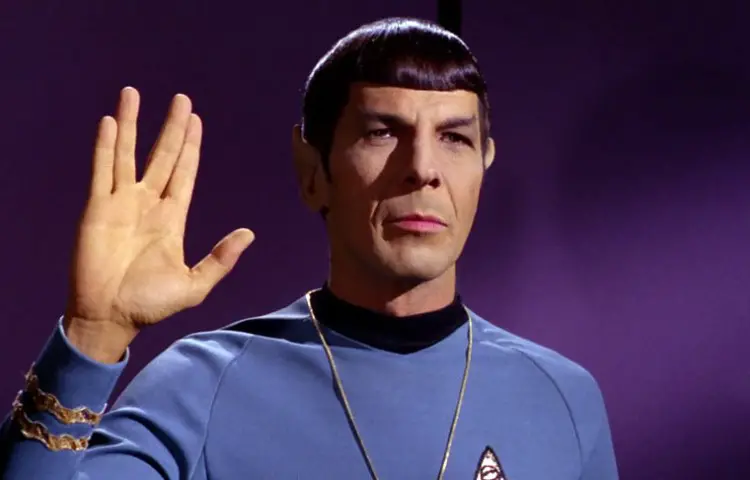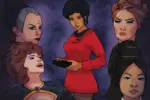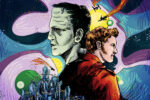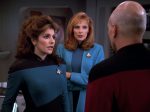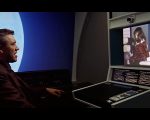Imagine that you hold two identities close to you and both define who you are.
Without either of them, you wouldn’t be yourself anymore, and life would lose its meaning. Yet imagine that you feel like both are so strongly polarized against each other that, sometimes, you feel like you must lose one to preserve the other. Imagine that this feeling tears you apart, every day.
Belonging to the LGBT community as a member of the Church of Jesus Christ of Latter-Day Saints (commonly known as Mormons) sometimes feels like fighting a losing battle.
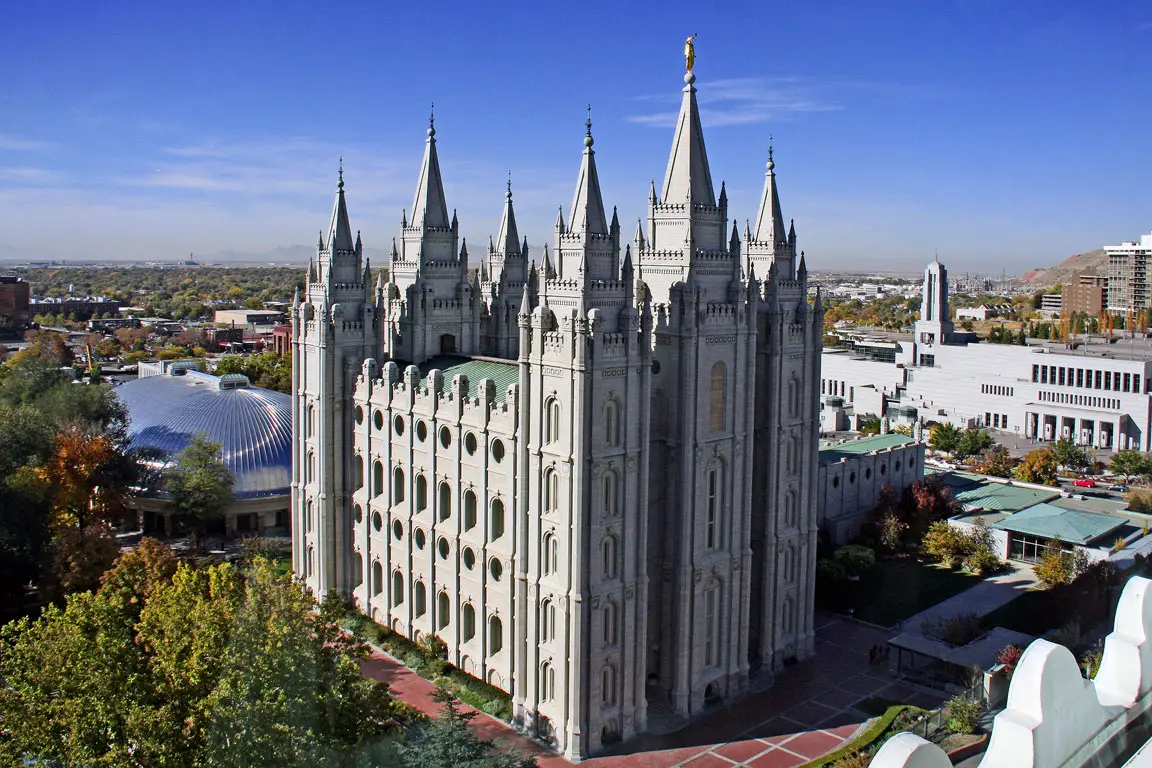
The LDS church is one that teaches to love all of its members regardless of sexual orientation or gender identity, but queer members often feel like their membership does not want them there. The two communities can easily feel like water and oil: Separate and mixed by sheer force against nature, and even then only fleetingly.
Coming out as transgender put me at a crossroads between my religious and gender identity. Both were incredibly important to me. To lose one would be to lose who I am. Life would lose purpose. Yet the more I came to terms with my identity as a trans man, the less I understood how the religious culture I had grown up in could still be a part of my life.
Over the past year, however, I have learned that holding the two identities near to me doesn’t negate either. If anything, their opposition enriches both, and allows me to experience a world that is so much more meaningful than it would be with only one. What allowed for this change of heart? If I’m being honest, I wouldn’t be comfortable as an LGBT Mormon without the influence of Star Trek.
Perhaps I should add a third identity to the two contrasting ones: I am also a Trekkie. I was fifteen when I first watched Star Trek. From the beginning, I was enamored. I had just moved three hundred miles away from my hometown and felt much like the crew of the Starship Enterprise: Exploring new terrain with adventures both wonderful and terrible awaiting each day.
What I loved most were the characters. Their complexity made them feel so human even when from alien planets. I especially loved Spock, the half-human, half-Vulcan first officer whose balance between logic and emotion intrigued me. As the years passed and I came to terms with being a transgender Mormon, I began to appreciate Spock for other reasons. Through him, I found a way to appreciate both parts of my identity without viewing one as useless or less important.
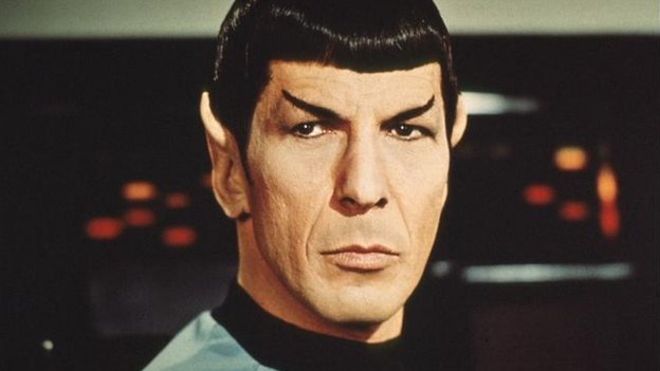
If you’re unfamiliar with Star Trek, Spock is known as the “child of two worlds.” He belongs to and identifies as Vulcan, an alien species that values logic and control over emotions in all things, but he is also half-human. Because of this, he experiences powerful emotions that are harder to control. Spock’s emotions cause him to recognize that, though he culturally identifies as a Vulcan, there are parts of him that are undeniably human.
In the beginning of the series, Spock is constantly at war with his two halves and feels compelled to suppress his human half, because his genetics set him apart from other Vulcans and often isolates him. When he feels emotion and cannot control it, he feels shame because emotions remind him that though he is a part of two cultures, he will never fully belong to either.
I have felt this shame. Having grown up a Mormon, I was raised in a church that is still working to understand LGBT members. Though the doctrine teaches to love all people, its membership can sometimes be wary of accepting queer members into the layfolk. Being LGBT in the church means feeling out of place, like the only way to fit in is to repress who you are, though doing so is about as unnatural as denying yourself feeling.
Yet as the series progresses, so does Spock in integrating his two identities. He learns to accept that there are parts of him that are undeniably human and that, rather than being a hindrance, they can help him accomplish feats that only he could do. He uses his emotion to develop intimate relationships, and his experience as an outsider to bring tolerance and empathy to the worlds he comes in contact with. What makes him different becomes his greatest gift.
As a transgender Mormon, I’m no longer trying to integrate myself into one culture.
To identify as solely Mormon means to ignore the broad worldview that being on the LGBT spectrum has given me. To identify as only LGBT would be to deny my culture, my heritage and my faith. Would life be worthwhile without either? I don’t think so.
Like logic and emotion, being transgender and Christian both give me an understanding that may be a little different sometimes, but is worthwhile nonetheless. Being LGBT has helped me understand the importance of loving others for who they are. Being Mormon has given me the insight that all people have tremendous worth. I try to remember what each half has taught me, and seek connection between the two rather than opposition.
In a letter to a young woman who struggled fitting in as biracial in 1968, Leonard Nimoy advised her and anyone else who feels caught between two identities, “Not everyone will like me. But there will be those who will accept me just for who I am.”
When I attend church and LGBT support groups, I try to remember this. I remember Spock. I remember that what defines us is not our circumstances, but how we use them to promote love and acceptance. In this, I no longer feel shame as an LGBT Mormon. There is nothing else I would rather be.


